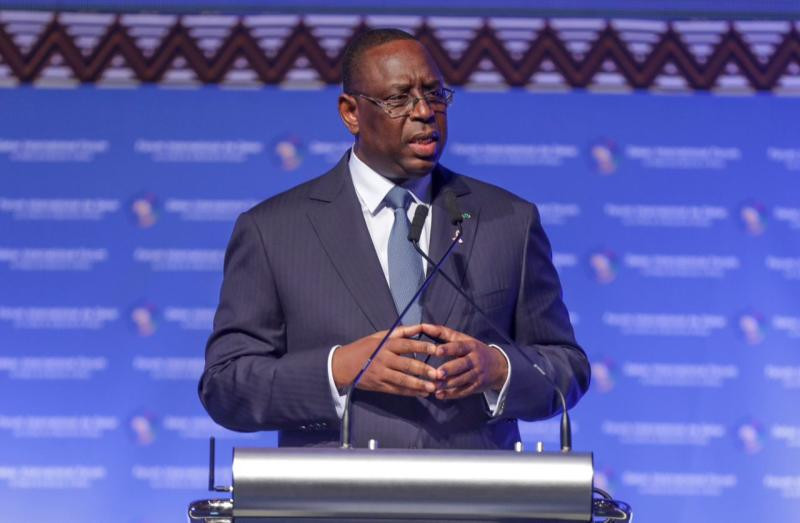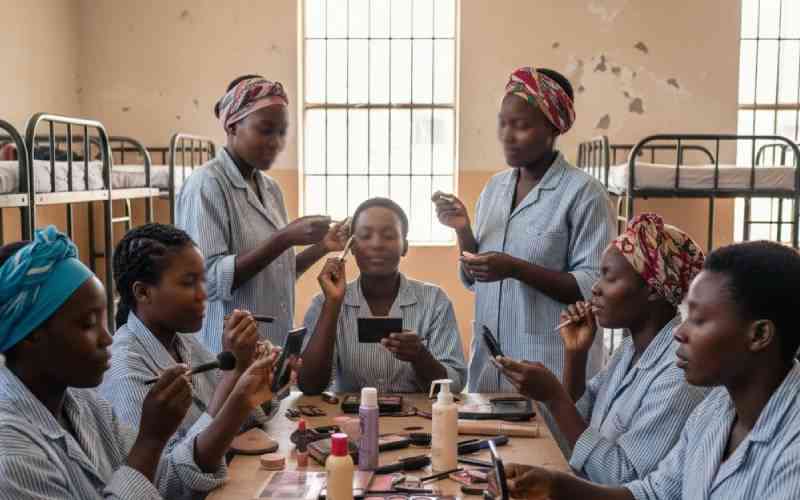
Senegal President and AU Chairperson Macky Sall gives a keynote address during the opening ceremony of the Dakar International Forum on Peace and Security in Africa in Dakar, Senegal. [Betty Njeru, Standard]
Decades after independence from colonial powers, one would have hoped Africa's post-independence regimes would by now have outgrown the curse of mercenaries, sponsored coups, and foreign-powered civil strife.
But as the recently staged Dakar International Forum on Peace and Security established, African nations are still wallowing in the miasma of externally powered internal aggressions, with peace nowhere in sight.
Facts First
Unlock bold, fearless reporting, exclusive stories, investigations, and in-depth analysis with The Standard INSiDER subscription.
Already have an account? Login
 The Standard Group Plc is a multi-media organization with investments in media
platforms spanning newspaper print
operations, television, radio broadcasting, digital and online services. The
Standard Group is recognized as a
leading multi-media house in Kenya with a key influence in matters of national
and international interest.
The Standard Group Plc is a multi-media organization with investments in media
platforms spanning newspaper print
operations, television, radio broadcasting, digital and online services. The
Standard Group is recognized as a
leading multi-media house in Kenya with a key influence in matters of national
and international interest.


